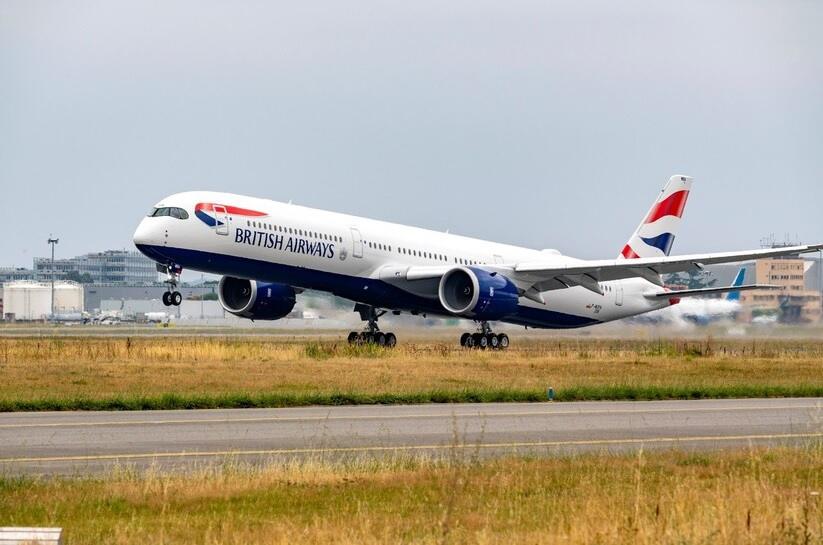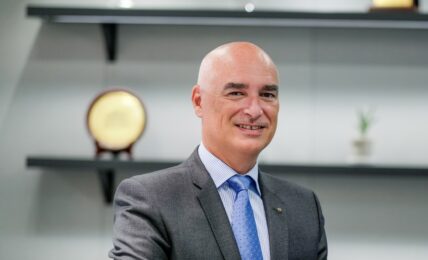
International Airlines Group (IAG), the parent company of airlines including Aer Lingus, British Airways, Iberia, Vueling and LEVEL, announced that it will purchase Sustainable Aviation Fuel (SAF) from Infinium, a producer of eSAF, a synthetic drop-in fuel substitute derived from natural sources. The deal will see Infinium provide commercial volumes to any of IAG’s five airlines over ten years.
Founded in 2020, California-based Infinium produces synthetic fuels, or eFuels, using renewable power and waste carbon dioxide, avoiding the use of fossil fuels, or other feedstocks that compete with food used by other low carbon fuel solutions. The company recently announced a commitment from Brookfield Asset Management for an investment of up to $1.1 billion to accelerate its eFuels platform and its production of synthetic sustainable aviation fuel (eSAF).
Infinium’s e-SAF is produced from water, waste CO2 and renewable energy, and the fuel is expected to reduce lifecycle greenhouse gas emissions by approximately 90% compared to today’s conventional jet fuel.
eSAF is superior to standard SAF, Infinium says, because it is not limited by feedstock inputs, and has a relatively low land and water-use footprint. e-SAF also has a higher degree of emissions reduction versus conventional jet fuel, the company said.
The eSAF will be produced at Infinium’s Project Roadrunner facility, located in the United States in west Texas. Project Roadrunner is set to be the largest global producer of eSAF once fully operational. The project involves converting an existing gas-to-liquid (GTL) facility into an eFuels project, using emissions from local processing operations that are currently streaming CO2 into the atmosphere to produce eSAF, in addition to smaller volumes of eDiesel for the trucking and maritime industries, and eNaphtha for the production of low carbon plastics.
Robert Schuetzle, Infinium’s CEO, said:
“We are proud that IAG has chosen Infinium to help towards its sustainability goals. Long-term, bankable commitments like these are what drive the ability to ramp up production of e-SAF, which is a critical milestone for the airline industry and for eFuels as an alternative to both fossil-based fuels and prior generations of SAF.”
Last year, IAG’s airlines used approximately 12% of the world’s supply of SAF, according to the company, adding that it was also investing in new aircraft and implementing fuel efficiency initiatives and advancing carbon removals to reduce emissions from its operations as part of its sustainability roadmap. IAG has also set targets to fly with 10% SAF and use 1 million tonnes of SAF per year by 2030, and to reach net zero by 2050. The company recently stated that it has already secured a third of the SAF required to meet its 2030 SAF goal, and has invested over $1 billion in SAF so far.
Jonathon Counsell, IAG’s Group Sustainability Officer, said:
“So far, we’re on track to deliver our 10% 2030 SAF goal and agreements with innovators like Infinium, are key to reaching this target. Aviation as an industry is working hard to decarbonize and policy should focus on solutions such as SAF, rather than only increasing costs which risk affecting the competitiveness of the European aviation industry. What the industry needs is additional policy support to attract funds to construct SAF plants and reduce aviation’s reliance on fossil fuels.”



